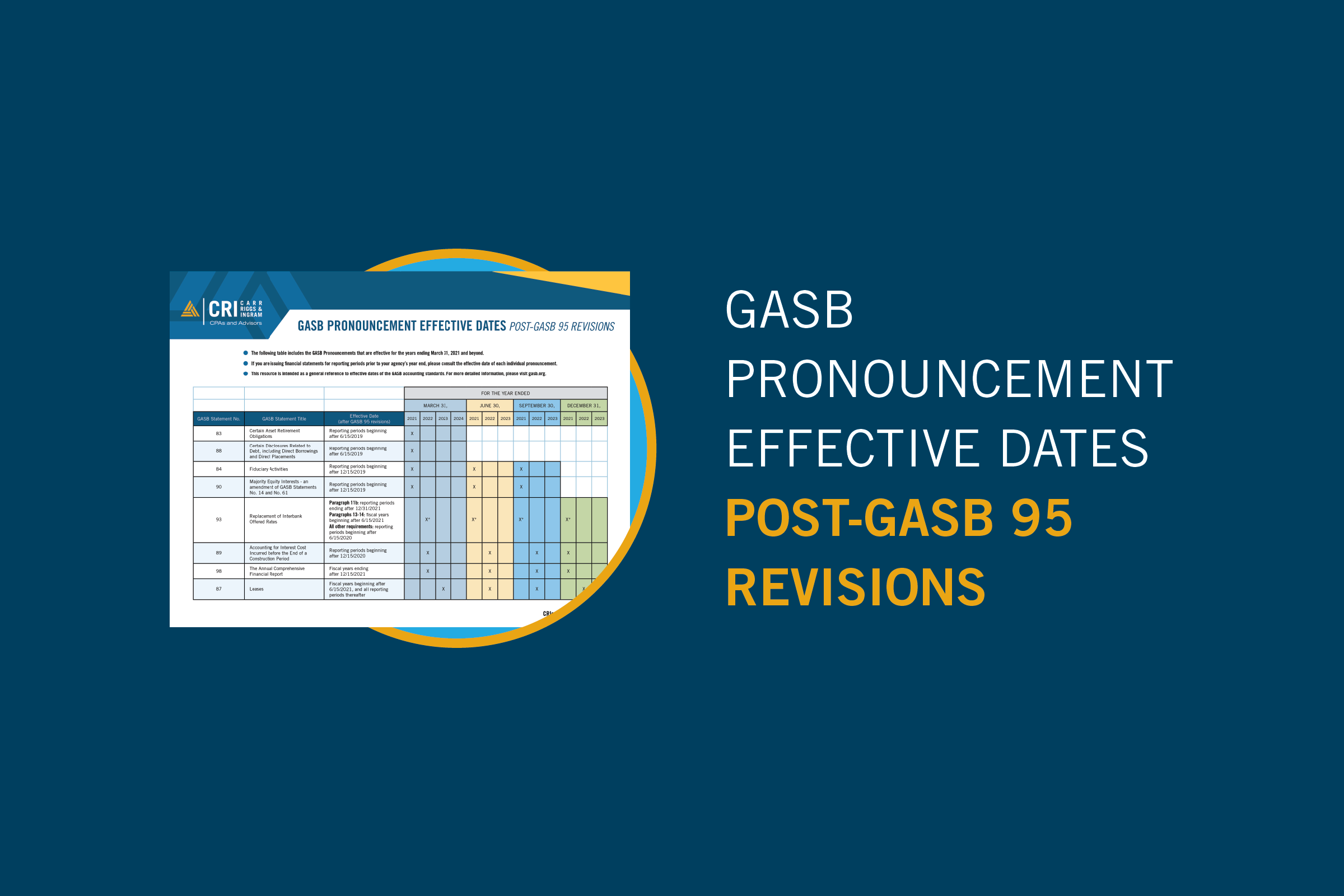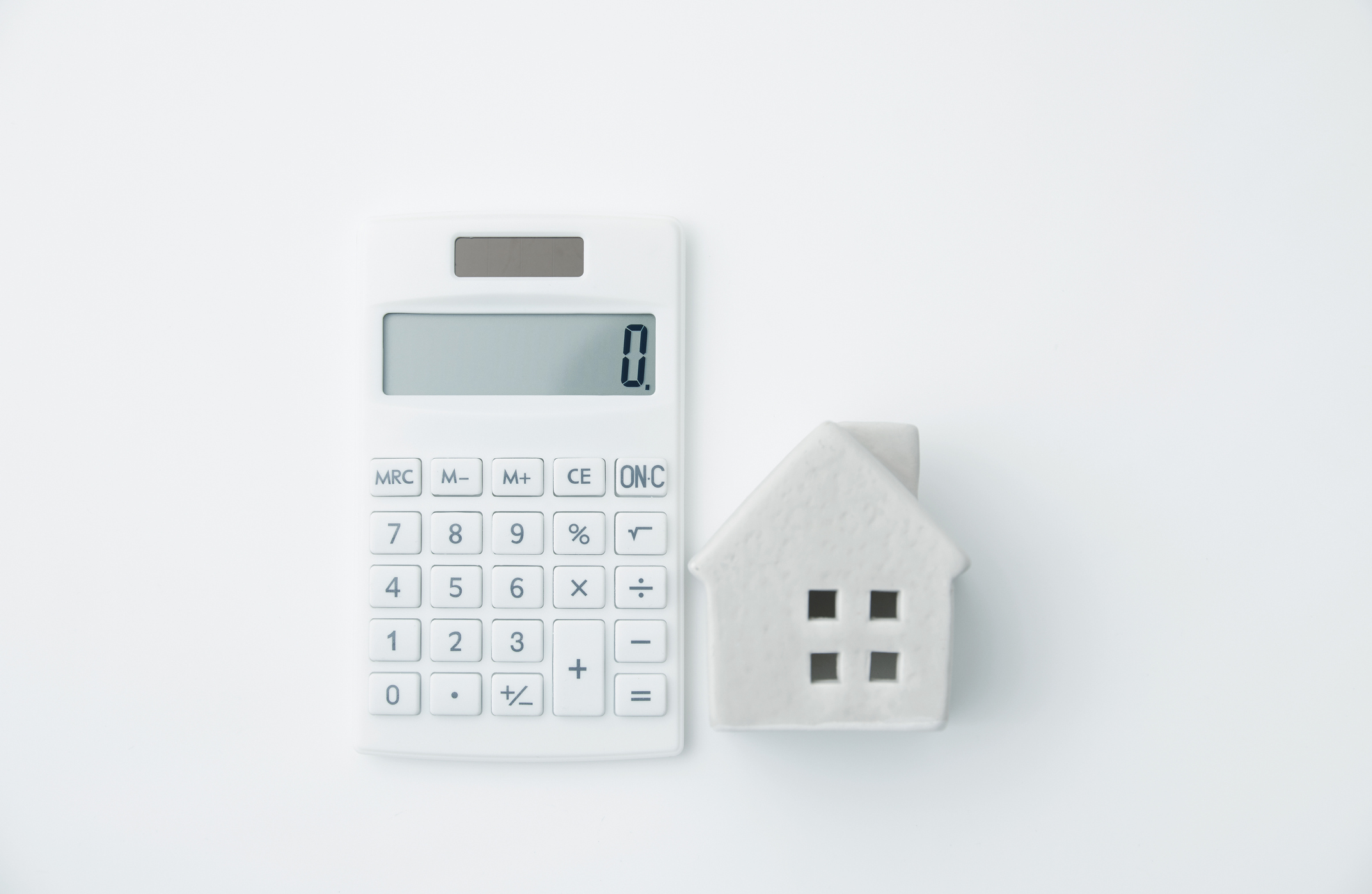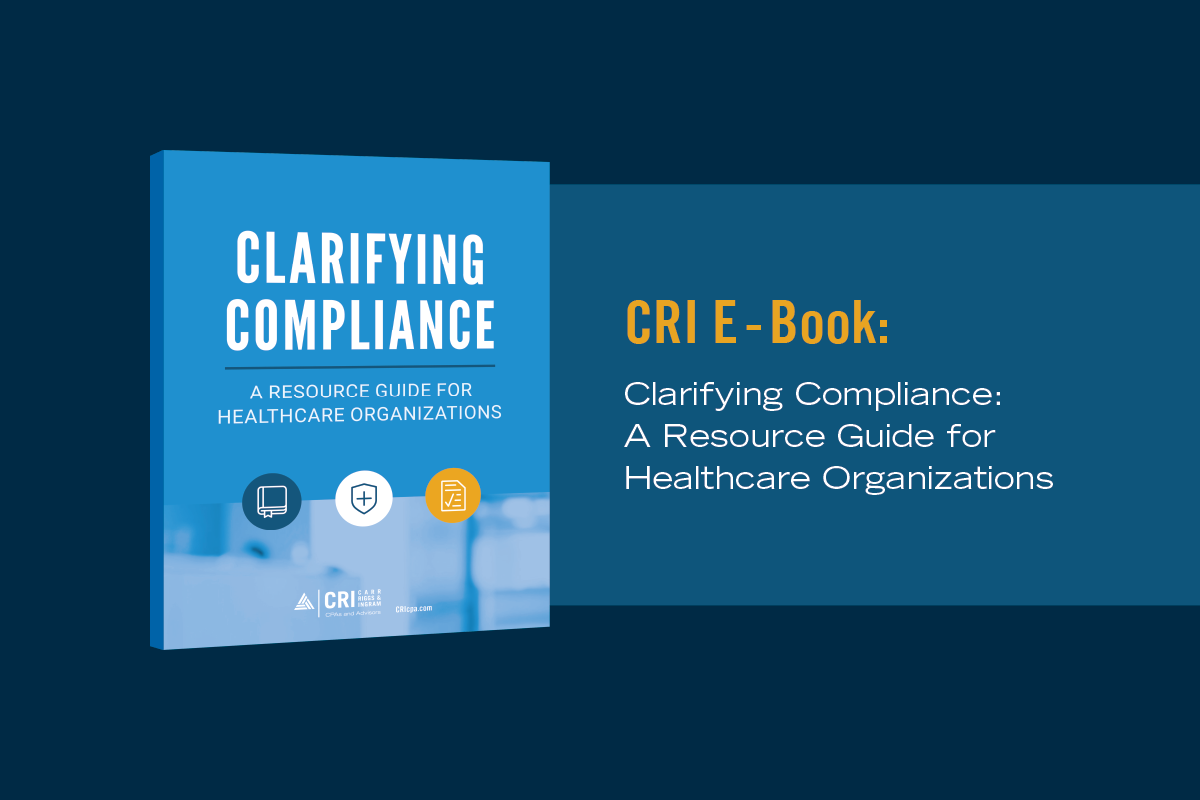Does Working Remotely During the Pandemic Mean You Owe More Income Tax?
Mar 15, 2022
Millions of employees began performing their daily duties remotely during the pandemic — some from kitchen tables in their homes near the office, and others from Wi-Fi-enabled campsites thousands of miles away. In many cases, these temporary worksites took employees across state lines from their employers. One unfortunate consequence? This cross-border work could trigger state tax requirements.
If you work in a different state than your employer’s place of business, do you need to file a return in more than one state? If so, will you have to pay twice? The answer to both could be yes, but it depends on your location, as well as your employer’s location and the states’ tax codes.
How Can I Owe Taxes in Two Different States?
Generally, a state’s power to levy income tax on an individual is predicated on living there. If you’re domiciled in a state — your “true, fixed permanent home” is there — the state can tax income you earn worldwide. A state can also tax your income if you’re a “resident” of the state, which usually means you have a dwelling in the state and spend a minimum amount of time there.
It’s possible to be a resident of one state but domiciled in another, which may require you to pay income taxes to both states. Many states offer relief from this kind of double taxation by allowing taxpayers to claim credits for taxes paid to other states. The laws vary by state, though, and not all offer the option. Some states only allow credits for taxes paid to specific neighboring states, while others don’t allow any at all.
Does Working Remotely Change the State Tax Picture?
Working out of state can lead to higher taxes whether or not your state allows credit for taxes paid to other states. For example, if you live most of the time in an income tax-free state where your employer is based, but you temporarily work remotely from a state that does collect income tax, you could owe state taxes in your temporary location.
And some states, such as Pennsylvania, also tax income you receive from a source within the state even if you aren’t a resident or domiciliary.
Could I Really Be Taxed Twice on the Same Income?
Because COVID-19 created such a massive increase in remote work, several states have agreed not to impose their taxes on employees who are working remotely in the state as a result of the pandemic. Others have not, leaving the risk of double taxation for these employees.
Several states have what are known as “convenience rules,” which predicate the ability to tax your income on the reason you work in a particular location. If your employer is in one state but you live and work in another state for your own convenience (not because the job requires it), then you owe income tax to the state where the employer is based.
In that common situation, you may also owe tax to your home state. Your state may or may not provide credits for the taxes you paid to the state where your employer is based.
What Should I Do Now?
Working remotely can offer all kinds of benefits — especially during a public health crisis. But it can also carry significant tax consequences for employees. If you worked out of state in 2021, consult a qualified tax advisor to understand your obligations while minimizing your tax bill in all applicable states. Contact CRI’s experienced tax advisors to walk through your specific circumstances.





















































































































































































































































































































































































































































































































